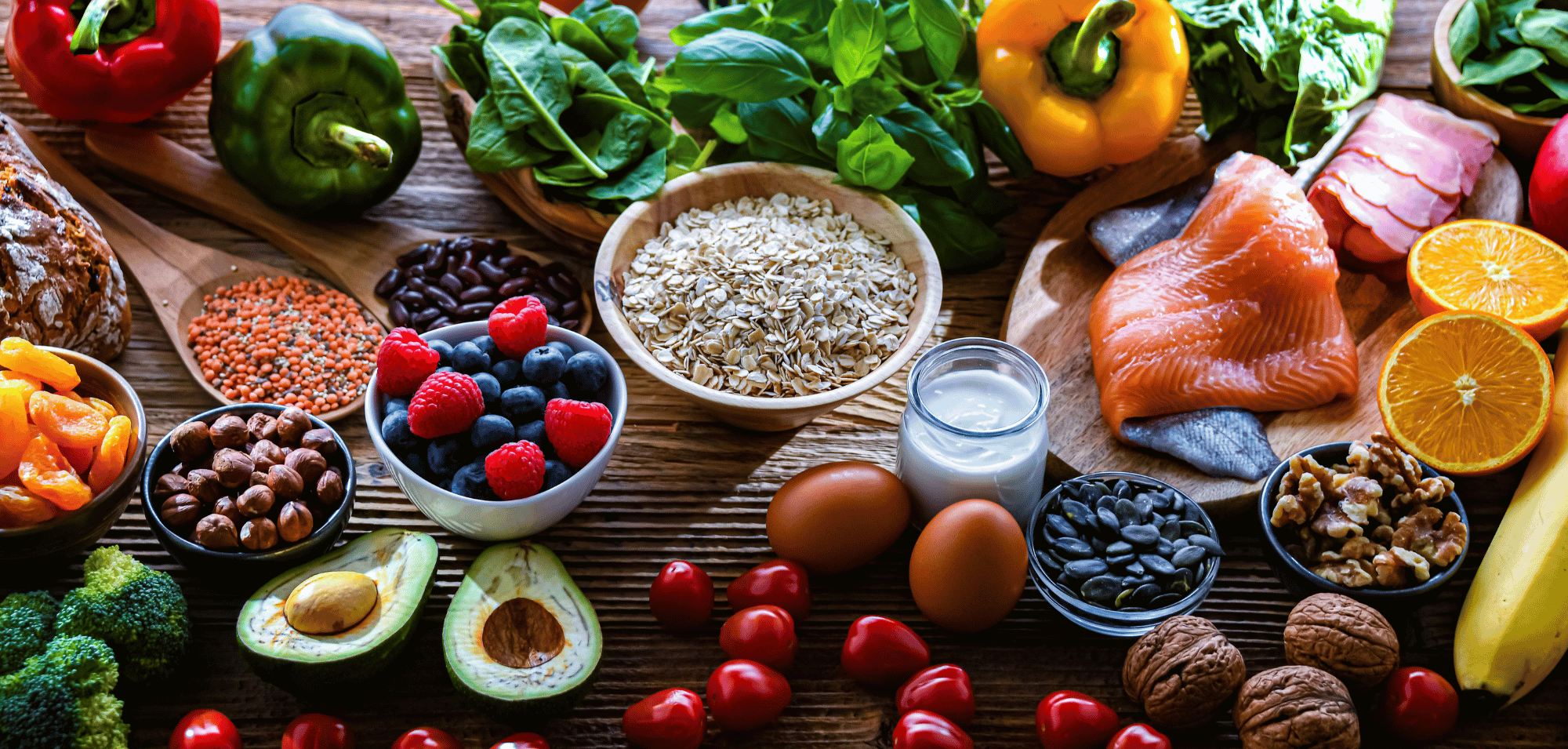
Live Comfortably - June 10, 2025
By Alex Freiman, RDN, FAND
I remember the last Thanksgiving we spent with my husband’s grandmother. Although the room was filled with love, smelled of roast turkey and pie, and was filled with the sound of laugher, there was an unease in her eyes. She no longer recognized her grandchildren, her son’s home, or the piano where she used to sit for hours and teach the neighborhood kids. Her dementia had progressed rapidly over the past year, and although we’d had an idea of it from the phone calls and family updates, it felt different today; more real. She quietly asked to go back to the memory care facility she once fought moving into, and my mother-in-law drove her home. We knew that would be the last family holiday she would join.
Unfortunately, many of us have similar stories about how dementia has affected us. And more unfortunately, the estimated number of people who will have stories like this in the future will continue to grow. It is estimated that the number of people with neurodegenerative diseases will grow to more than 150 million people by 2050, nearly triple the number of those living with dementia in 2019.
Recently, studies have shown that dementia is more preventable than previously thought. In fact, about 45% of dementia cases may be preventable through lifestyle modification. As a dietitian specializing in care for older adults, as well as a family member who has seen how tragic this disease truly is, this data is more than just a number. It’s an opportunity to ensure individuals get to fully experience the comfort of their memories and a lifetime of learning, accomplishments and love.
For years, various diets have been studied for their potential impact on preventing or slowing cognitive decline. Recently, researchers from the Global Brain Health Initiative by Social Impact Partners have reviewed the six diets believed to have the most significant impact on brain health:
Researchers found several commonly recommended food types among these six diets:
The six diets also suggested moderating intake of these types of foods:
Based on the summary of the data from the six diets, a new Neuroprotective Diet has been proposed. To quote the researchers, “this diet is designed to prevent cognitive decline by focusing on food components that are abundant in the nutrients that the brain demands to perform best.”
The highlights of this proposal include:
Goodwin Living already follows many of these recommendations in the menus we create and the choices we offer to residents in our senior living campuses. While empowering residents to make their own food choices, we make sure to offer a variety of vegetables, fish and whole grains. We prioritize using olive oil as the fat in our cooking processes. We also make sure to offer clear options for those who prefer to eat vegetarian, low sodium, dairy-free, etc. The options are there for residents who choose to follow the recommendations of a brain-healthy diet.
The Neuroprotective Diet is currently undergoing the process to validate its effectiveness through clinical trials. Goodwin Living looks forward to following the progress of this research in hopes that the information discovered will help us offer residents and team members meals that not only nourish their bodies, but their minds as well.
Reflecting on that last Thanksgiving with my husband’s grandmother, I can see how much is at stake when it comes to cognitive health. Her music, her cooking and her presence shaped a family, even as dementia slowly took away her memories. Stories like hers are reminders of how deeply this disease affects individuals and those who love them. The growing body of research on neuroprotective diets offers hope that lifestyle choices – including what we eat each day – can help protect brain function and preserve the connections and experiences that define a life well-lived. May this knowledge help to guide future choices toward many more years of clarity and cherished memories.
__________
Alexandra (Alex) Freiman, RDN, FAND, is a registered dietitian with a specialty in gerontological nutrition. She works with all levels of care within Goodwin House Alexandria (GHA) to help everyone achieve their nutrition-related goals and to ensure they are both happy and healthy. In addition to her work at GHA, Alex is very active in the dietetics community. She is the Past-President of both the Virginia Academy of Nutrition and Dietetics and the Northern Virginia Academy of Nutrition and Dietetics. She is a former Delegate for the State of Virginia to the Academy of Nutrition and Dietetics House of Delegates, representing the interests of fellow dietitians throughout the state. She frequently works with interns to instill upon the younger generations a passion for this profession and has even influenced multiple students to become geriatric dietitians as well! Alex is a native of New York State but fell in love with the D.C. area while attending the University of Maryland for her undergraduate degree. In her free time Alex enjoys hiking, traveling, baking and spending time with her family.
